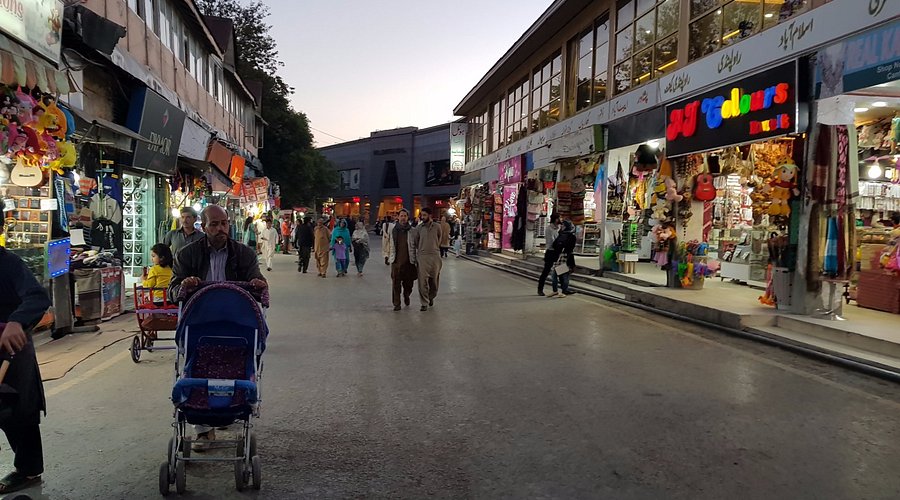By: Asim Nawaz Abbasi
MULTAN: In a deeply concerning incident at Nishtar Hospital, Multan, Pakistan, 30 dialysis patients have reportedly contracted HIV, and one has passed, after alleged negligence in infection control procedures. This outbreak has raised critical questions about patient safety and procedural compliance within the country’s healthcare system.
The deceased patient, identified as Shahnawaz, a 40-year-old suffering from kidney failure, tested positive for HIV following a routine dialysis session. Medical staff alerted hospital management to transfer him to an isolation ward immediately; however, this request was reportedly denied due to ward prioritization for dengue and other infectious diseases. Tragically, Shahnawaz died shortly afterward, reportedly from complications related to HIV.
The infection is suspected to have spread due to a breach of standard protocols within the nephrology department, where dialysis machines dedicated to HIV-positive patients were allegedly used on general patients. Affected patients and staff were exposed to the virus, and panic soon set in among both hospital personnel and patients’ families.
Hospital sources indicate that administrators initially attempted to keep the incident under wraps. Despite reports surfacing on October 26, hospital management withheld records and did not initiate public notification until the death occurred. Following this revelation, Nishtar Medical University Vice Chancellor Prof. Mehnaz Khakwani established an inquiry committee comprising senior medical professionals to investigate the incident thoroughly and identify accountability.
This unprecedented HIV exposure has put a spotlight on infection control standards in public sector hospitals in Pakistan, where limited resources and administrative challenges often compromise patient safety. While talking to The Dayspring, Dr Haider of Nishtar Hospital suggested that the International AIDS Society and other global health organisations are encouraged to highlight such incidents at global stage to press Pakistani government and specially AIDS control program to review and advocate for improved protocols, particularly for high-risk procedures like dialysis, in Pakistan’s healthcare system to prevent such incidents in the future.







